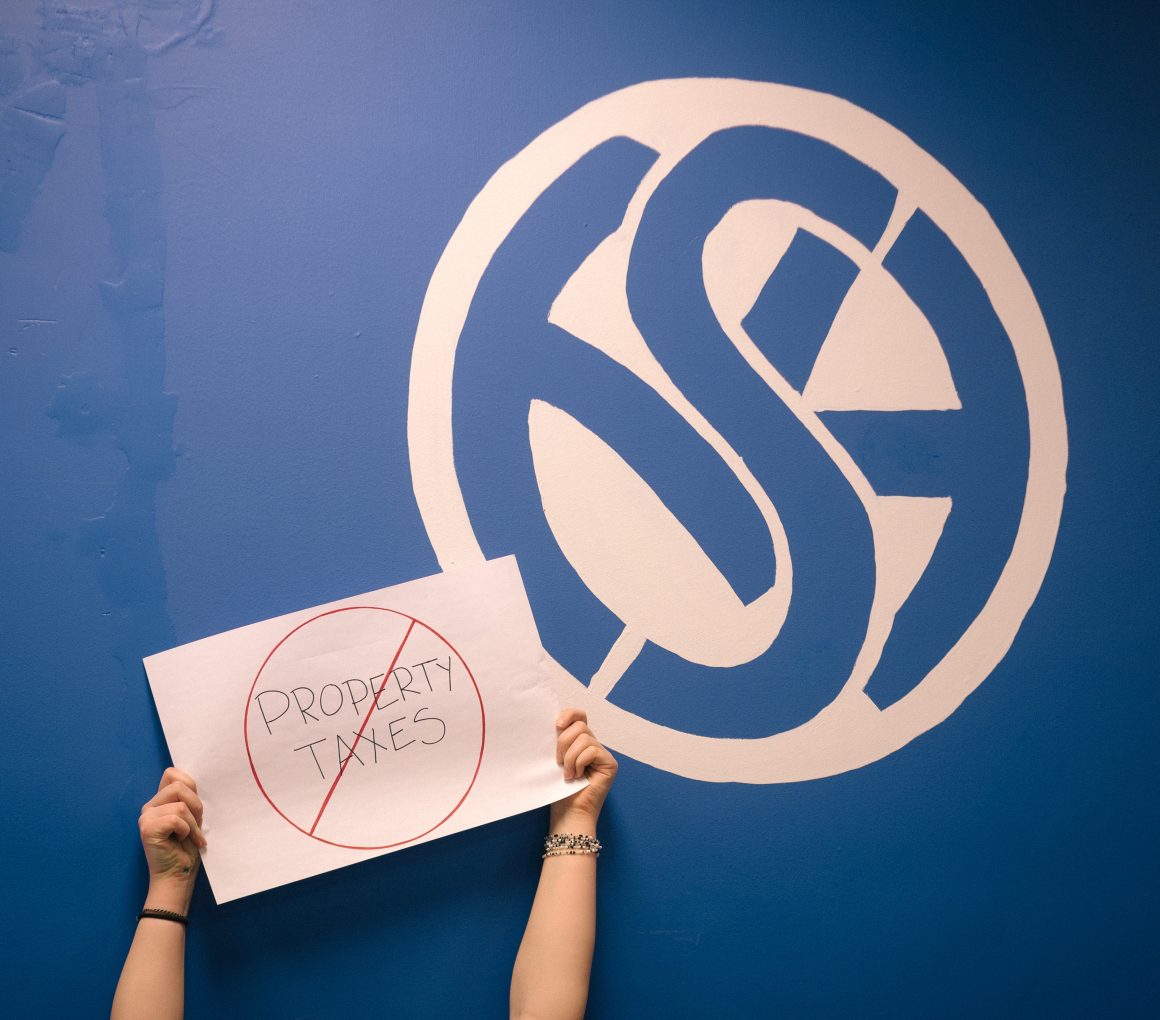
Residence Students’ Association must advocate for students
Though still months away, the 2017 Calgary municipal election will provide a lot of opportunity for various organizations to push their priorities to candidates. The University of Calgary Students’ Union has already set their advocacy goals for the election, including secondary suite legalization and public transit issues.
Another SU priority in the coming election is advocating against municipal property taxes for residence buildings. The SU has a mandate to advocate for students on issues like these and it is promising to see them take a firm stance early in the campaign. But the SU isn’t the only campus organization that should advocate for students on this issue.
Municipal property taxes directly impact students who live in residence. The Residence Students’ Association exists to advocate for residence students, and it is their responsibility to engage in these efforts too.
On their website, the RSA claims to be, among other things, “the voice of residence students through advocacy of their issues.”
I have lived in residence for four years in four different buildings. And while I appreciate initiatives like floor events, fitness classes and hot dog eating competitions, I also expect my students’ association to properly represent me and the other 2,700 students that live on campus.
Proper representation means informing residence students on issues that directly impact them as residence students and advocating on their behalf. The vast majority of residence students have no idea how their residence fees break down. Most don’t realize they pay property taxes that many students living in residence in other provinces don’t.
The RSA advocates to organizations within the U of C like residence services and the SU. But that advocacy shouldn’t stop at the internal level. The upcoming municipal election is an opportunity for the RSA to take a hard stance on an issue that directly affects residence students.
In 2016, U of C residence services paid $693,000 in property taxes — about $255 per student. Few, if any, residence students know they pay that much.
Alberta is one of the only provinces in Canada where residence students pay property taxes. Under Alberta’s Municipal Governance Act, municipalities choose whether or not to charge taxes to university residences.
There are many reasons property taxes shouldn’t apply to residence buildings. The U of C is a public post-secondary institution, meaning residence buildings are on public land. The university doesn’t pay property taxes for biology labs or lecture halls — what makes residences different? And residence buildings or apartments within them can’t be sold the same way as other properties, so they don’t even have a concrete market value to base taxes on.
The SU and residence services have taken firm stances on this issue in the past, and that’s fine, but it’s time for the RSA to step up too. This week, RSA president Kendra Toth said it’s “powerful to have a major issue that the RSA, SU and residence services can and will work on together.”
But Toth and the rest of the RSA need to follow those words up with action. This isn’t a time to just follow the lead of the SU and residence services. The RSA directly represents residence students. And residence students deserve to have their voices heard on this issue.
The RSA should consult directly with students, educate them on property tax issues and ensure the student voice is heard in the upcoming municipal election.
Property taxation may not be the most exciting issue, but this is the perfect opportunity for the RSA to engage in legitimate advocacy. The RSA fundamentally exists to advocate for residence students. It’s about time they start doing that.
Melanie Woods, Gauntlet Editorial Board
